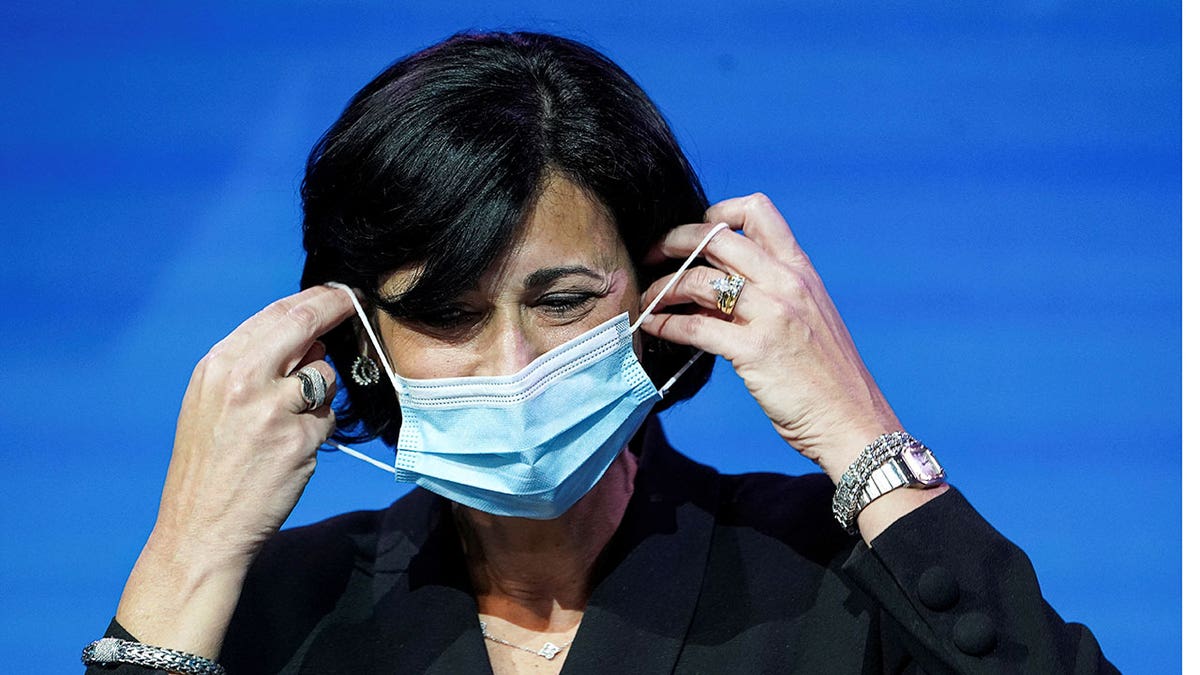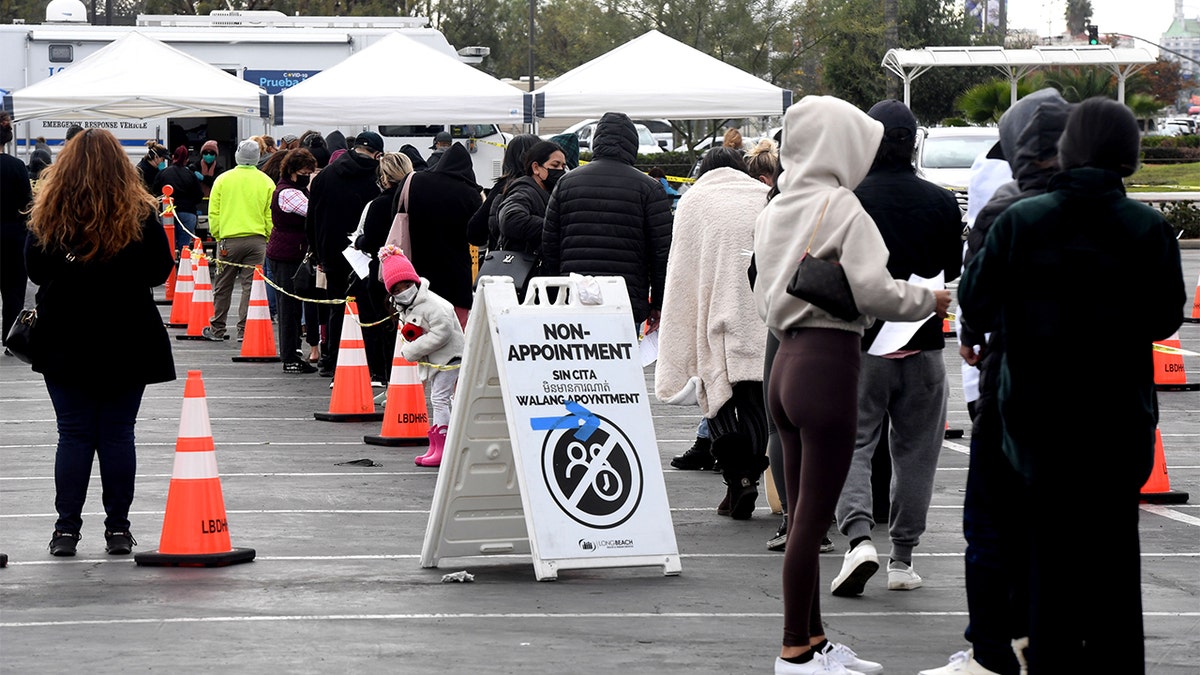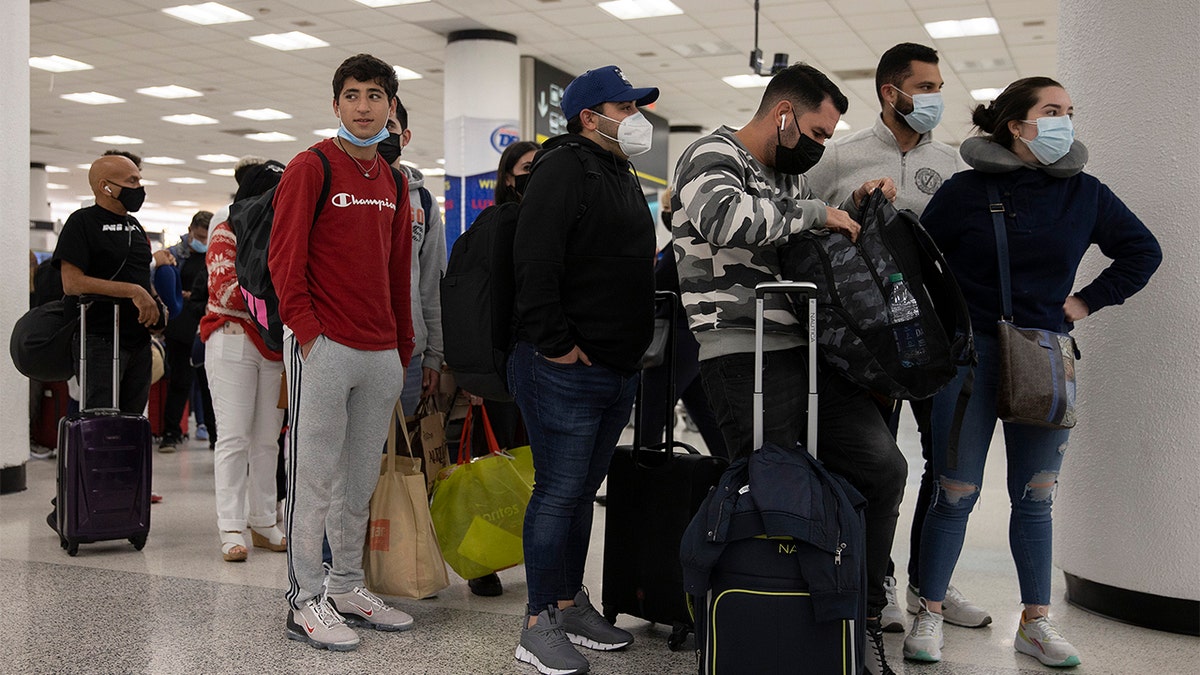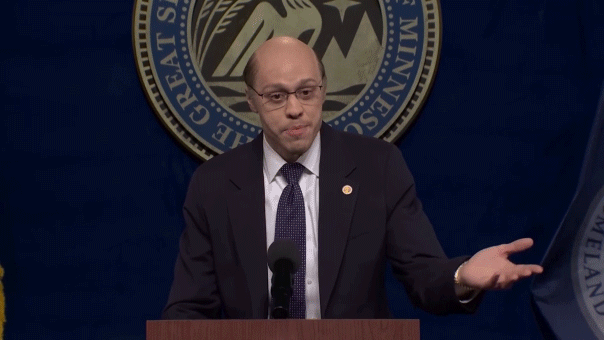Media top headlines December 30
In media news today, a second CNN producer comes under ‘criminal investigation’ involving ‘potential juvenile victims,’ Ex-MSNBC star Keith Olbermann mocks Mitt Romney’s large family, and Politico receives blowback after warning Republicans are making school board races ‘partisan.’
The Centers for Disease Control and Prevention (CDC) backtracked on a few more facets of COVID-19-related guidance this week, leaving the agency open to more social media mockery.
This week the CDC admitted its initial estimates about the prevalence of the omicron variant were way off. A few days earlier, the agency also revealed it was shortening the length of quarantine for COVID patients from 10 days to five if they were asymptomatic at that time.
Those walk backs followed a series of other confusing announcements from the CDC, including fluctuating guidance on masks. The agency initially said only unvaccinated individuals should wear face coverings, until July, when the CDC changed course to say vaccinated individuals should resume wearing masks in certain situations.

Dr. Rochelle Walensky, now director of the U.S. Centers for Disease Control and Prevention (CDC), removes her mask to speak as President Biden announces nominees and appointees to serve on his health and coronavirus response teams during a news conference at his transition headquarters in Wilmington, Delaware, Dec. 8, 2020. (REUTERS/Kevin Lamarque)
The zigzagging nature of the CDC's COVID guidance prompted Twitter users to share some of what they believed to be the CDC's next "recommendations."
"The CDC recommends you put pineapple on your pizza," Sen. Josh Hawley's, R-Mo., press secretary Abigail Marone tweeted in jest.
"The CDC now recommends liquor before beer, you're in the clear," GOP senior producer Lindsay Wigo offered.
CDC DIRECTOR: HUMAN BEHAVIOR PLAYED INTO SHORTENING RECOMMEND ISOLATION PERIOD FOR COVID CASES
The satirical site the Babylon Bee jumped at the chance to use the new material.

The COVID-19 testing line wrapped around the block at Long Beach City College PCH campus, according to social media and on site workers, Dec. 27, 2021. (Brittany Murray/MediaNews Group/Long Beach Press-Telegram via Getty Images)
Others had some fun with the CDC by using pop culture references.
And a few others shared, on behalf of the CDC, what would be typically considered bad advice.

Travelers make their way through Miami International Airport on Dec. 23, 2021, in Miami, Florida. (Joe Raedle/Getty Images)
NBC's Peter Alexander confronted CDC Director Rochelle Walensky Wednesday, wondering why Americans should "trust" her and her agency in light of all the "mixed messaging." She said they are simply following the science.
"My job right now is to take all the science and the information that we have and to deliver guidance and recommendations to the American people that is adapted to the science at hand," Walensky responded. "This pandemic has given us a lot of new and updated science over the last two years, and it is my job to convey that science through those recommendations and that is exactly what we're doing."










































